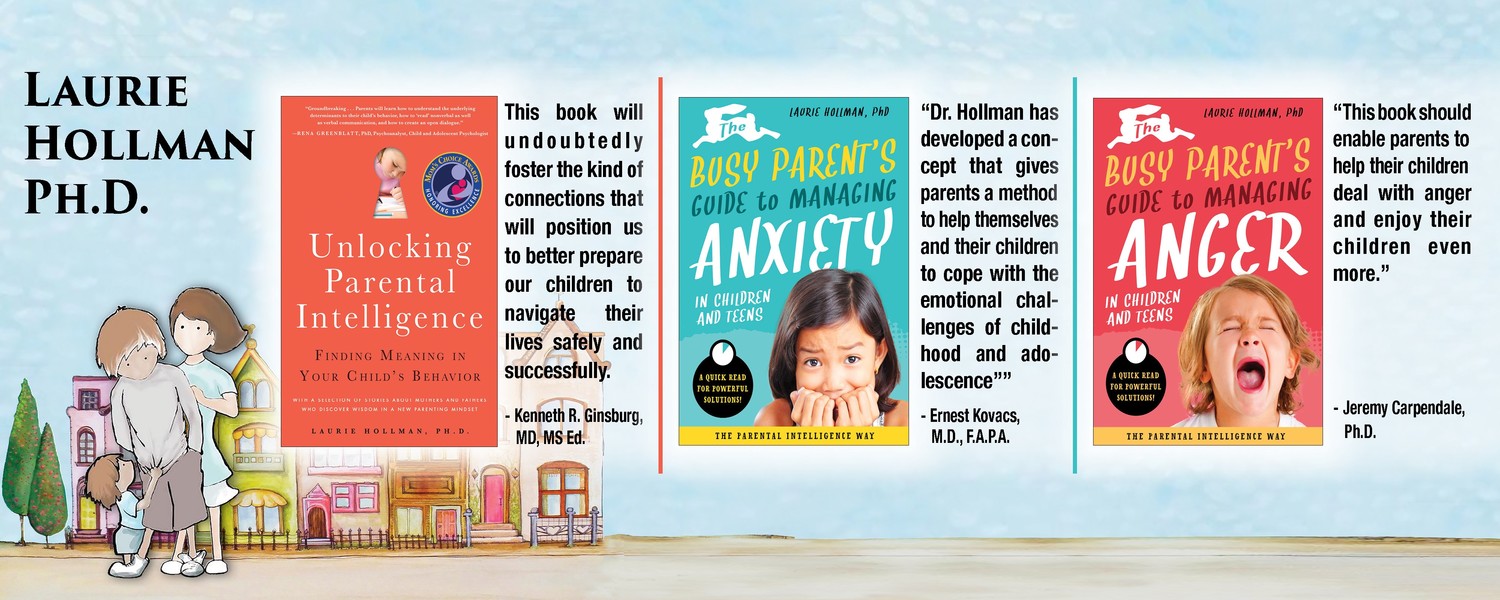Empathy is a learned skill that begins around ages three and four and grows if it is noticed and applauded. It’s the ability to understand the thoughts, beliefs, opinions, intentions, and feelings of others. At home it improves family members relationships, encourages understanding each other, and leads to a home where honesty, trust, and care are paramount. At work, it also improves relationships, leads to increased productivity, and encourages the values of mutual problem solving.
Empathy means setting aside one’s own thoughts and opinions to learn about how someone else perceives things. It means tolerating and even encouraging points of views and vantage points different from your own. In a corporate setting this means that meetings and conferences are pleasant and exciting learning experiences. Empathy leads to opening the window on new ideas and ways to solve problems.
Empathy for others in a small business, especially a family business, increases productivity because each participant or worker feels included as a valued member of the business. The business becomes a small community of workers who feel understood and understand each other even when they disagree. Disputes are settled much more easily, angry words are a thing of the past, and tolerance for varied opinions grows. With that new ideas for running the company successfully result.
Empathy in a finance company is also helpful. It means the strain of the work is ameliorated because you know the person in the next office or cubicle has your best interest in mind. Competition is still evident and part of the work that fosters incentives and productivity, but it’s now an experience that is less alienating between managers and their underlings. Empathy for the need for sick leave, time off, working at home some days, toning down workaholics, and generally enjoying work more day to day comes as a reward.
So, the next time you feel your face reddening because your co-worker slipped up and fouled up one of your products, consider what might be on his or her mind. Maybe they have problems that slipped into the work place which if understood or at least considered would make the work environment more pleasant even with mishaps and untoward responses. In the long run, that mistake will be forgotten but the relationship between the workers will remain positive and consequently, more productive as well.
Empathy at home leads to a more satisfying life so that empathy at work become smore probable and possible. The benefits of empathy in balancing work and home also comes as a byproduct of considering others needs at work and at home. It does take more time that curtly or even rudely responding to someone who gets your goat, but in the long haul, better relations make for more positive experiences, promotions, accountability, and greater opportunities for learning.
Laurie Hollman, Ph.D., is a psychoanalyst and author of three books: Unlocking Parental Intelligence: Finding Meaning in Your Child’s Behavior; The Busy Parent’s Guide to Managing Anxiety in Children and Teens: The Parental Intelligence Way; and The Busy Parent’s Guide to Managing Anger in Children and Teens: The Parental Intelligence Way. Visit her website for more guidance for relationships at work and at home: lauriehollmanphd.com.


